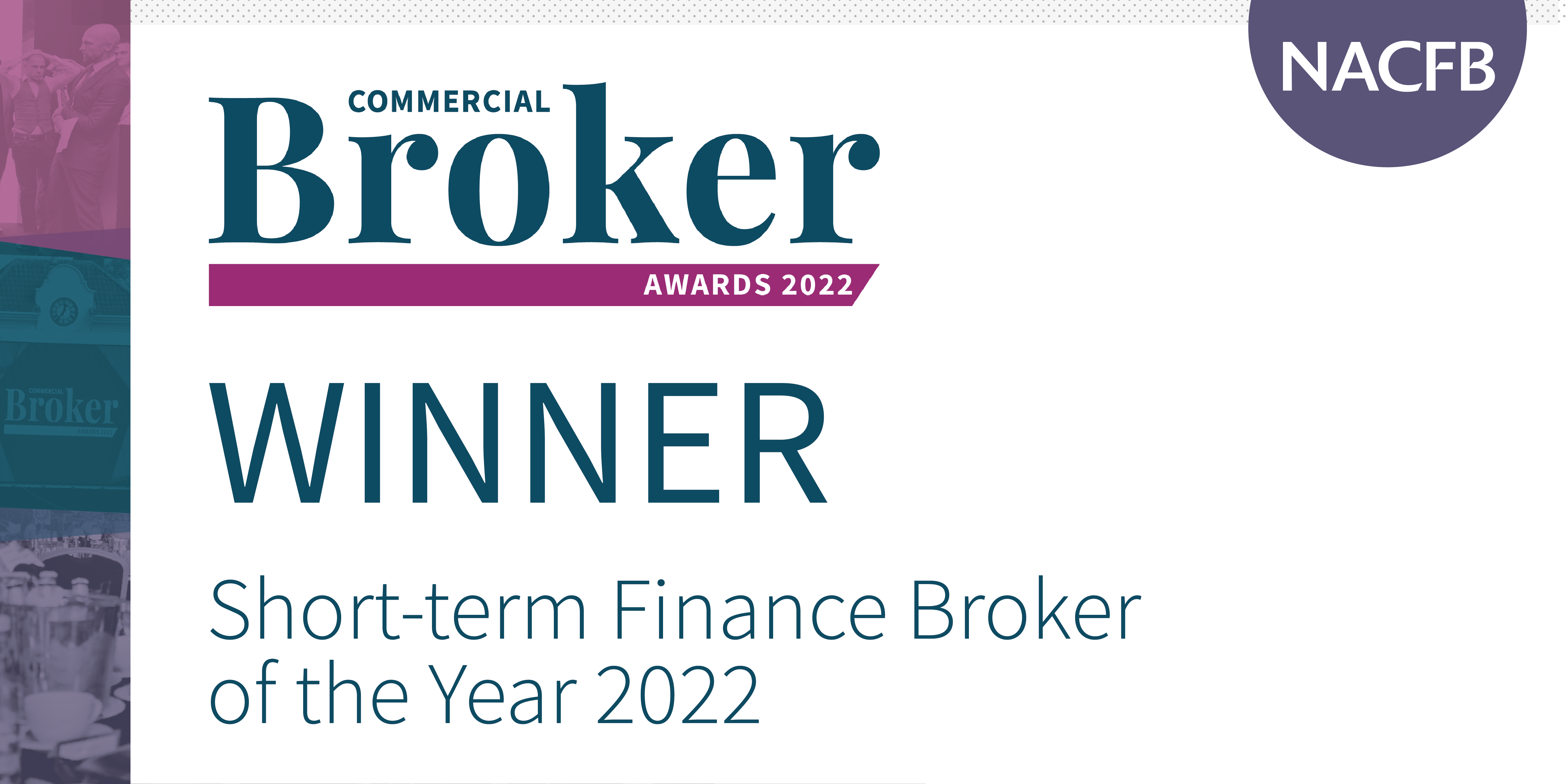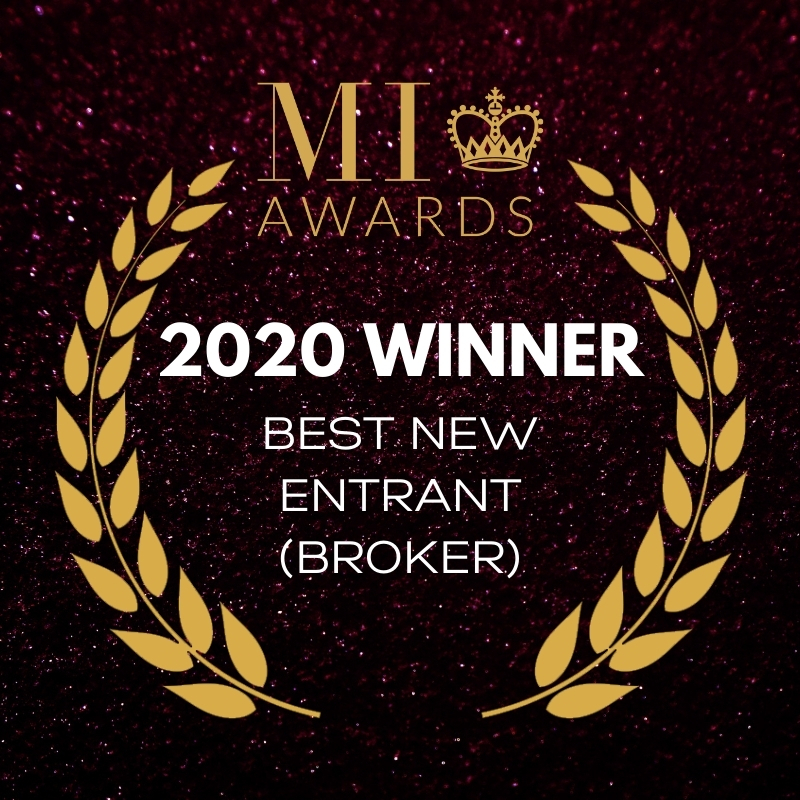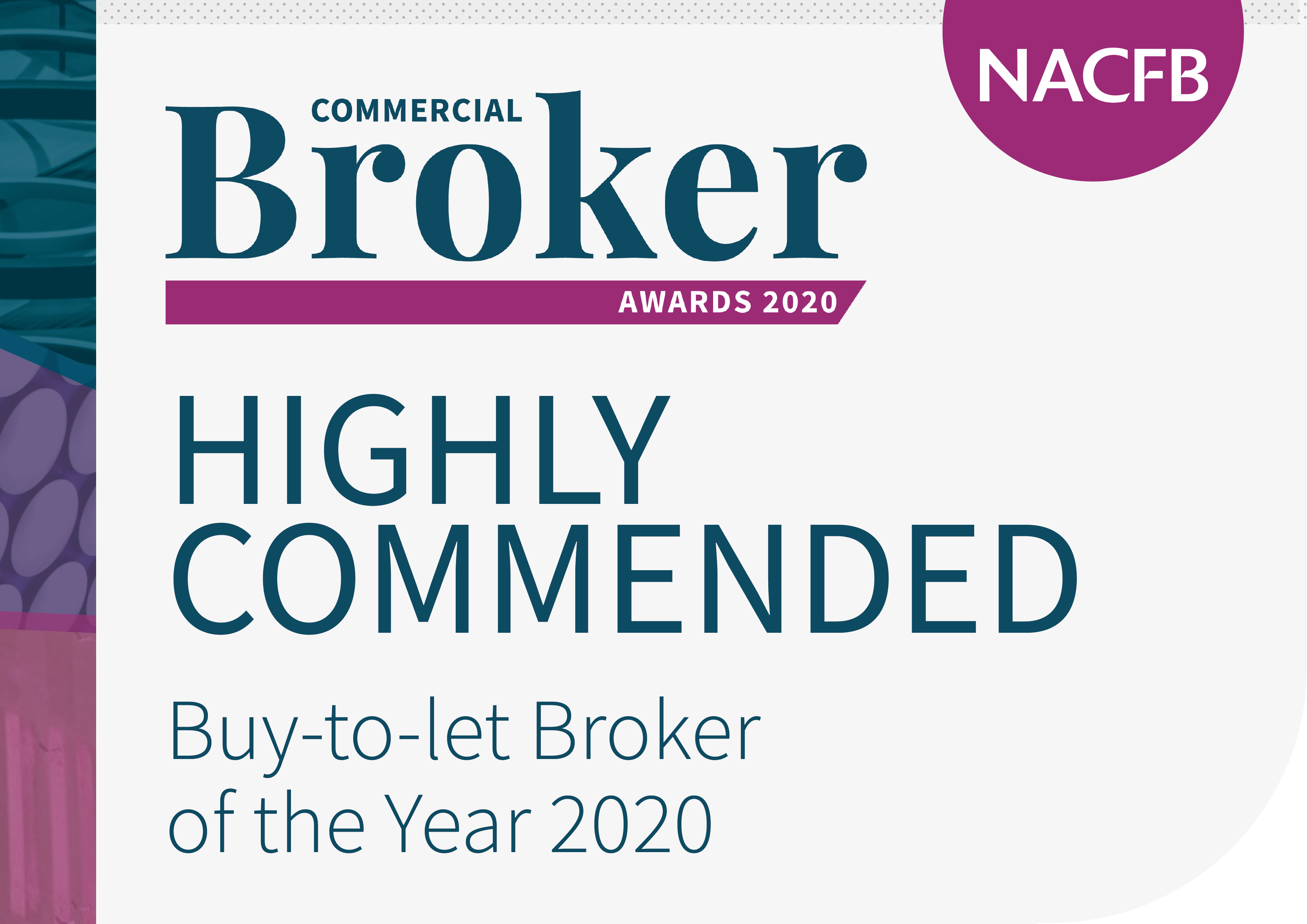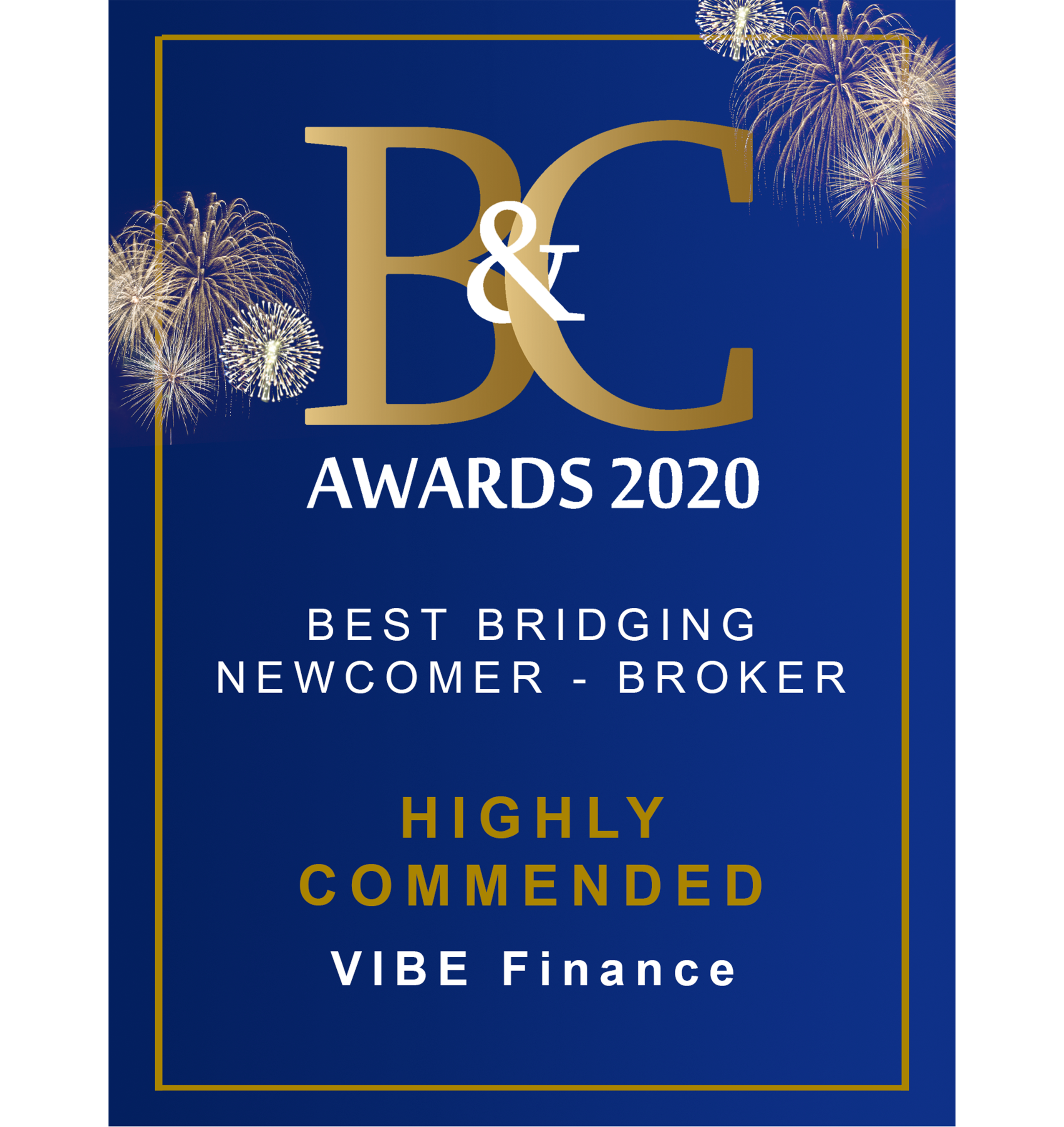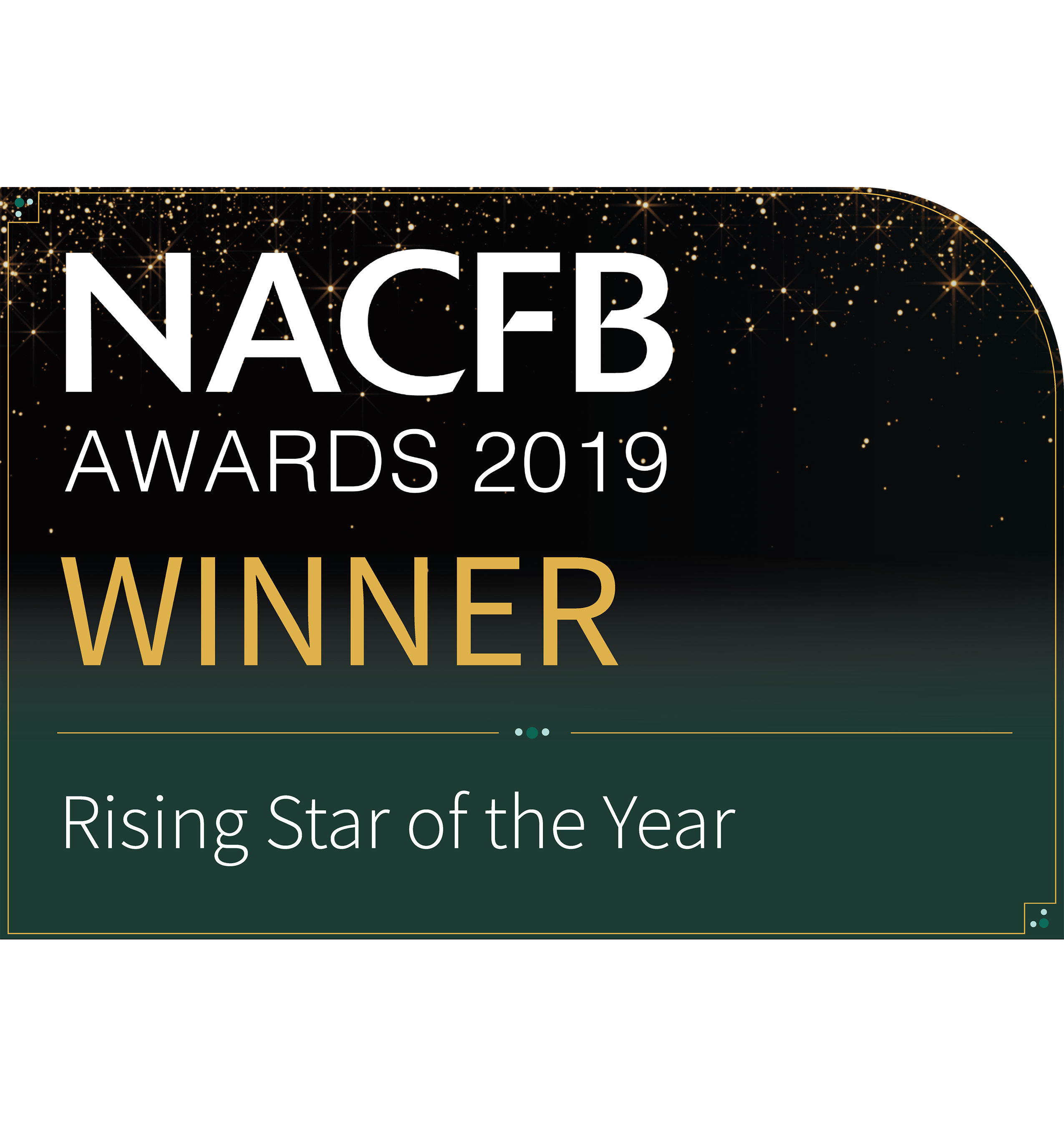Securing the right mortgage is a pivotal step in your journey to homeownership. At VIBE, we provide the tools and support you need to make informed financial decisions. One of the most essential tools at your disposal is our mortgage calculator, designed to help you determine how much you can borrow. This guide will walk you through the benefits of using our mortgage calculator, how it works, and why VIBE is the best choice for your mortgage needs.
Understanding the Importance of a Mortgage Calculator
A mortgage calculator is an indispensable resource for anyone considering purchasing a home or remortgaging. It estimates your monthly mortgage payments based on factors such as loan amount, interest rate, and loan term, helping you plan your finances effectively.
Key Benefits of Using a Mortgage Calculator
Using a mortgage calculator offers several advantages:
- Financial Planning: Helps you understand how much you can afford to borrow, ensuring you don’t overstretch your finances.
- Interest Rate Comparison: Allows you to compare different interest rates and see their impact on your monthly payments.
- Loan Term Evaluation: Lets you assess the effect of various loan terms on your overall mortgage cost.
- Cost Breakdown: Provides a detailed breakdown of your mortgage costs, including principal and interest payments.
- Instant Results: Gives you immediate estimates, enabling you to make quick and informed decisions.
How to Use Our Mortgage Calculator
Using our mortgage calculator is straightforward:
- Enter Loan Details: Start by inputting the loan amount, interest rate, and loan term.
- Choose Repayment Type: Select between a fixed-rate or variable-rate mortgage.
- Calculate: Click ‘Calculate’ to view your estimated monthly payments and total mortgage cost.
- Review Results: Analyse the breakdown of your payments and adjust loan details as needed to explore different scenarios.
- Get a Quote: If satisfied with the estimate, proceed to get a personalised quote from VIBE.
Why Choose VIBE for Your Mortgage Needs?
Choosing the right mortgage provider is crucial. Here’s why VIBE is the ideal choice:
- Expertise: Our experienced advisors have extensive knowledge of the UK mortgage market.
- Personalised Service: We offer tailored advice and solutions to meet your unique financial needs.
- Competitive Rates: We work with a wide range of lenders to find the most competitive rates for you.
- Transparency: We believe in clear communication and transparency throughout the mortgage process.
- Customer Satisfaction: Our commitment to excellent customer service has earned us a reputation for reliability and trustworthiness.
Next Steps After Using the Mortgage Calculator
Once you’ve used our mortgage calculator to get an estimate, consider the following steps:
- Review Your Budget: Ensure that the estimated monthly payments align with your budget and financial goals.
- Get Pre-Approved: Contact VIBE to get pre-approved for a mortgage, giving you a clear idea of your borrowing capacity.
- Compare Mortgage Products: Explore different mortgage products and rates to find the best option for your needs.
- Consult with Advisors: Schedule a consultation with our mortgage advisors to discuss your options and receive personalised advice.
- Apply for a Mortgage: Complete the application process with VIBE’s support once you’ve found the right mortgage.
FAQs
Q: How accurate are the estimates provided by the mortgage calculator? A: Our mortgage calculator uses up-to-date interest rates and accurate algorithms to provide precise estimates. However, the final terms may vary based on your credit profile and financial situation.
Q: Can I use the mortgage calculator if I’m considering remortgaging? A: Yes, the mortgage calculator is designed to help both new homebuyers and those looking to remortgage. It provides estimates based on your specific loan details.
Q: What information do I need to use the mortgage calculator? A: You will need to input the desired loan amount, interest rate, and loan term. Additionally, selecting the type of mortgage (fixed or variable rate) will help provide a more accurate estimate.
Q: How can VIBE assist me after using the mortgage calculator? A: After using the mortgage calculator, our mortgage advisors can offer personalised advice, help you get pre-approved, and guide you through the application process to secure the best mortgage deal.
Q: Are there any costs associated with using the mortgage calculator? A: No, using our mortgage calculator is completely free. It’s a tool designed to help you make informed financial decisions.
Overview
Using a mortgage calculator is a crucial step in your home buying or remortgaging journey. It provides essential information to make informed decisions and plan your finances effectively.
At VIBE, our mortgage calculator is designed to be user-friendly, accurate, and comprehensive. We are committed to helping you find the best mortgage solution tailored to your needs. Visit our mortgage calculator page today to get an instant mortgage quote and take the first step towards securing your dream home.
Further Reading and Resources
Please feel free to check out our Case Studies for intermediaries here and for consumers here.
Contact Us
Get in touch | Phone: 01329 277 599 | Email: [email protected]
VIBE Finance Socials
- Instagram: VIBE Finance
- Facebook: VIBE Finance
- TikTok: VIBE Finance
- LinkedIn: VIBE Finance
VIBE Mortgages & Protection Socials
- Instagram: VIBE Mortgages & Protection
- Facebook: VIBE Mortgages & Protection
- LinkedIn: VIBE Mortgages & Protection






